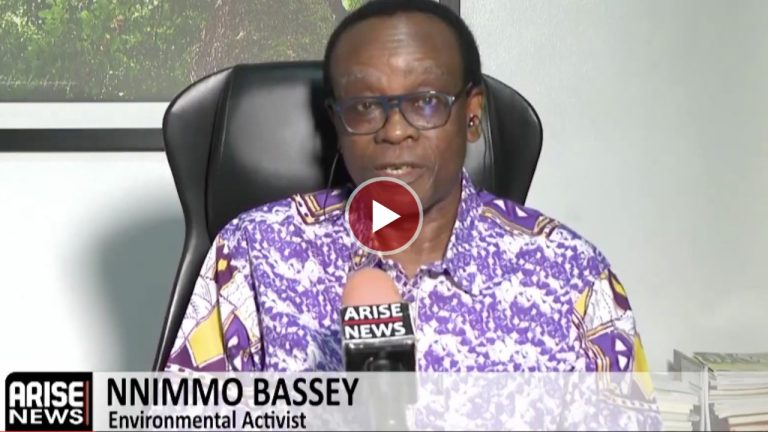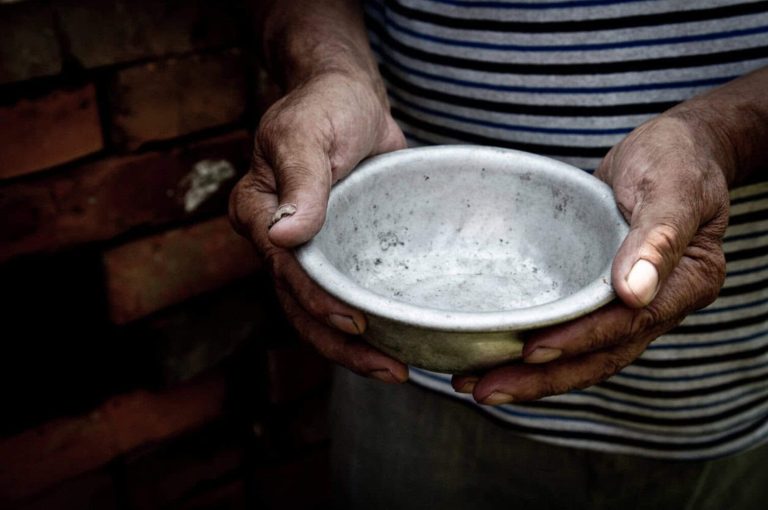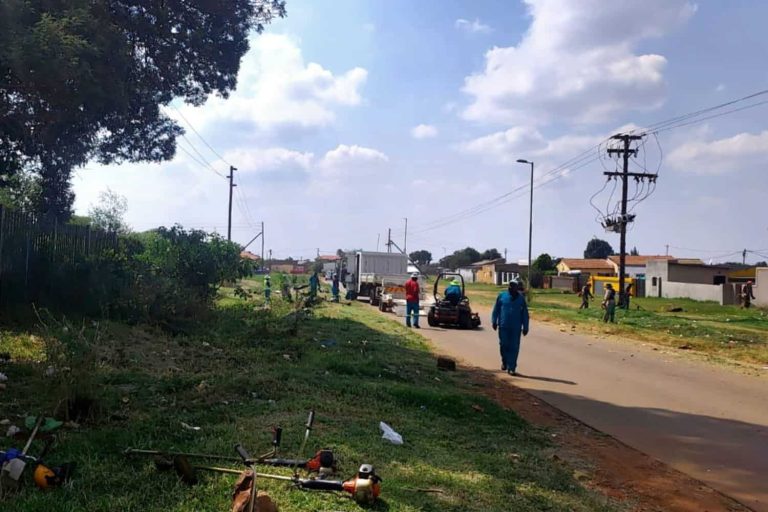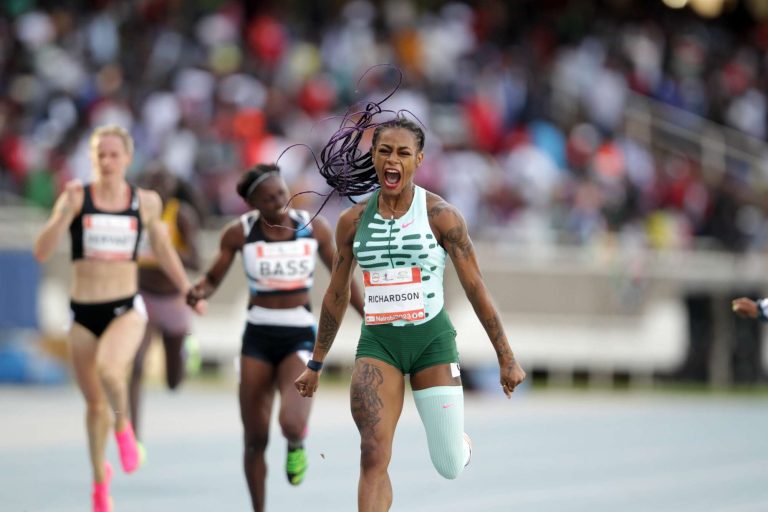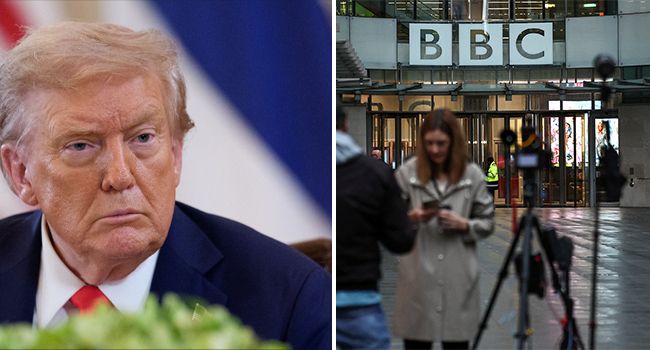
In a significant media controversy, the BBC has formally apologised to former US President Donald Trump for an edited Panorama segment that misleadingly stitched together portions of his 6 January 2021 speech.
The corporation acknowledged that the edit mistakenly suggested Trump had issued a direct call for violence—yet firmly rejected his legal team’s demand for $1bn (£759m) in compensation.
In its public statement, the BBC admitted the clip created “the mistaken impression that President Trump had made a direct call for violent action” and confirmed that the 2024 Panorama programme would not be broadcast again.
Trump’s lawyers had threatened to sue unless the BBC issued a full retraction, apology, and financial compensation. The corporation apologised but refused to pay, insisting there was no basis for a defamation claim.
Government Responds, Emphasising BBC Independence
Culture Secretary Lisa Nandy told BBC Breakfast that she was confident the BBC was treating the matter with the seriousness it deserved. She stressed that while the government upholds high standards at the corporation, editorial independence remains fundamental.
“The BBC guards its independence fiercely for a reason,” she said. “They’re there to hold power to account—including us.”
She noted that, although the BBC was in direct discussions with the US administration, the UK government had not engaged with Trump’s team and would not intervene.
Criticism of Editorial Standards
Nandy also told BBC Radio 4’s Today programme that the controversy highlighted broader, ongoing issues within the broadcaster’s editorial processes—standards she said were “not robust enough” or “not consistently applied.”
This sentiment was echoed amid political pressure, with Liberal Democrats leader Sir Ed Davey urging the prime minister to personally intervene to defend the BBC’s impartiality.
The scandal has already prompted the dramatic resignations of BBC Director General Tim Davie and head of news Deborah Turness.
Second Edited Clip Emerges
Fueling further outrage, a separate edited clip of Trump’s 6 January speech—aired on Newsnight in 2022—surfaced on Thursday.
The Daily Telegraph revealed the programme had also spliced different parts of the speech together, again without disclosure.
In response, the BBC said it was reviewing the matter and reiterated its commitment to “the highest editorial standards.”
BBC Explains Its Defence
In a letter sent to Trump’s legal team, the BBC outlined five core arguments refuting the defamation claim:
No U.S. Distribution: The Panorama episode was not broadcast on BBC’s U.S. channels and was only viewable in the UK.
No Harm Done: Trump suffered no real damage and was “re-elected shortly after” the programme aired.
No Malicious Intent: The edit aimed to shorten a lengthy speech, not mislead viewers.
Context Matters: The clip was only 12 seconds in an hour-long documentary that included supportive voices.
Protected Speech: Commentary on political matters enjoys strong legal protections under U.S. defamation law.
A BBC source said there was strong internal confidence in the corporation’s legal position.
Trump Calls Edit ‘Butchery’
Speaking to Fox News, Trump accused the BBC of “butchering” his speech and “defrauding viewers.” His lawyers demanded a “full and fair retraction” and financial compensation for alleged reputational harm.
The controversy centres on how Panorama condensed Trump’s remarks. The programme edited two lines spoken more than 50 minutes apart to appear sequential:
Panorama version:
“We’re going to walk down to the Capitol… and I’ll be there with you. And we fight. We fight like hell.”
Original speech:
“We’re going to walk down to the Capitol, and we’re going to cheer on our brave senators and congressmen and women.” Over 50 minutes later: “And we fight. We fight like hell.”
Wider Pattern Alleged
In the resurfaced 2022 Newsnight clip, Trump is shown delivering a similarly spliced sequence, followed by footage of the Capitol riot. Former White House chief of staff Mick Mulvaney called out the edit during the broadcast, saying it presented two separate parts of the speech as one continuous message.
Trump’s legal team now alleges a “pattern of defamation.”
Internal Memo Sparks Scrutiny
The Panorama issue gained momentum after the Telegraph published a leaked internal memo written by a former external adviser to the BBC’s editorial standards committee.
The document criticised not only the Trump edit but also the corporation’s coverage of transgender issues and BBC Arabic’s reporting on the Israel-Gaza conflict.
As the fallout continues, the BBC’s apology attempts to quell the immediate crisis—but mounting scrutiny and leadership upheaval suggest the debate over accuracy, impartiality, and trust at the corporation is far from over.
